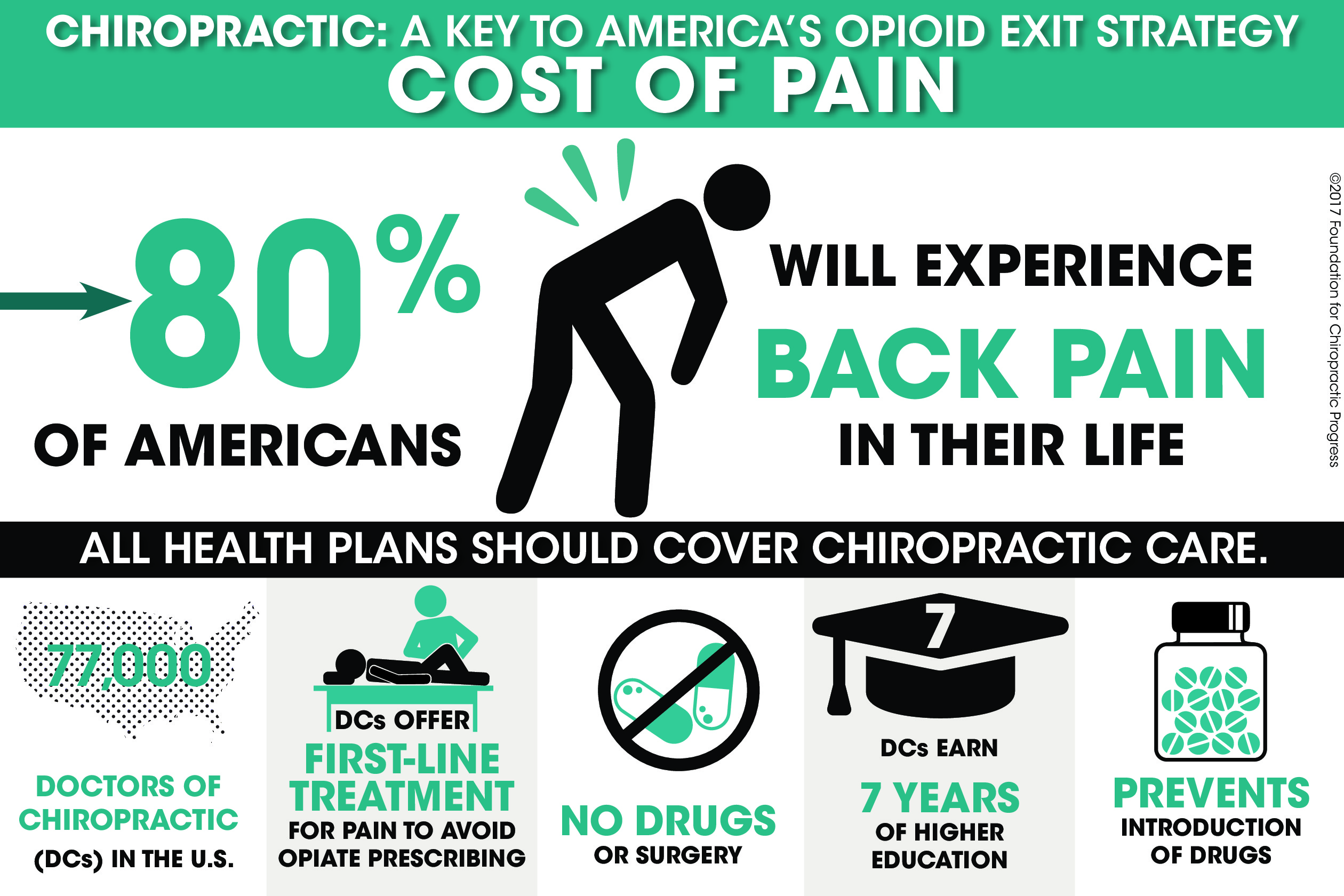What Your Pain In The Back Says About Your Health: Usual Conditions And Symptoms
What Your Pain In The Back Says About Your Health: Usual Conditions And Symptoms
Blog Article
Written By- try this
If you're experiencing neck and back pain, your body may be trying to tell you something greater than simply discomfort. The method your back feels can supply useful clues about your general health. Comprehending the specific sort of discomfort you're feeling and any type of accompanying signs is crucial to unraveling the enigma behind your discomfort. Allow's explore the common problems and signs and symptoms associated with different types of pain in the back to shed light on what your body might be signaling.
Types of Pain In The Back
When it comes to pain in the back, there are various types that you might experience. One common type is muscle discomfort, commonly brought on by overuse, strain, or injury to the muscle mass and ligaments sustaining the spinal column. This sort of discomfort can range from light pain to extreme and debilitating discomfort.
Another type is nerve pain, which can arise from conditions like herniated discs or sciatic nerve pain. Nerve discomfort frequently provides as a sharp, shooting experience that emits down the leg.
Joint discomfort in the back can originate from problems like joint inflammation or sacroiliac joint disorder. This kind of pain is usually felt in the reduced back and can be worsened by particular motions.
Additionally, pain in the back can be associated with architectural issues such as back constriction or vertebral cracks. Understanding the kind of back pain you're experiencing is important in determining the ideal treatment and management approaches.
Common Effects to Expect
Relocating past the different kinds of neck and back pain, it is necessary to recognize the common signs and symptoms that can signal underlying concerns.
Consistent neck and back pain that intensifies with motion or in the evening might indicate a much more major trouble. Tingling or tingling in the legs or feet, especially when accompanied by weakness, may point to a nerve-related issue. If you experience unexpected weight-loss along with pain in the back, maybe a sign of an extra systemic condition.
Focus on any modifications in bladder or digestive tract function, as this could be connected to spine compression. High temperature, cools, or night sweats combined with back pain may indicate an infection. Keep an eye out for discomfort that radiates down one or both legs, possibly a sign of sciatic nerve pain.
Health Issues Linked to Pain In The Back
If you deal with neck and back pain, it's vital to comprehend the potential health problems connected to this pain. Neck and back pain can be a symptom of numerous underlying concerns, including muscle mass strains, herniated discs, osteoarthritis, spine stenosis, and even problems like kidney rocks or infections.
Muscular tissue strains are common and typically arise from lifting hefty items or unexpected activities.
Herniated discs occur when the soft tissue in between vertebrae protrudes, creating nerve irritability.
lower back strain , a degenerative joint illness, can lead to pain in the back as cartilage material wears down.
Back stenosis, the narrowing of the spinal canal, can tax nerves.
Kidney rocks might trigger extreme back pain if they move right into the urinary system tract.
Infections like spinal osteomyelitis can additionally manifest as pain in the back. Comprehending these potential health and wellness conditions can assist you look for appropriate healthcare and management for your pain in the back.
Final thought
So, next time your back injures, take note of the type of pain and accompanying signs and symptoms. Maybe a signal from your body about underlying health problems like muscular tissue stress, nerve issues, joint issues, or even architectural concerns. By acknowledging these indicators, you can take aggressive actions to attend to the source of your back pain and enhance your overall wellness and well-being.
